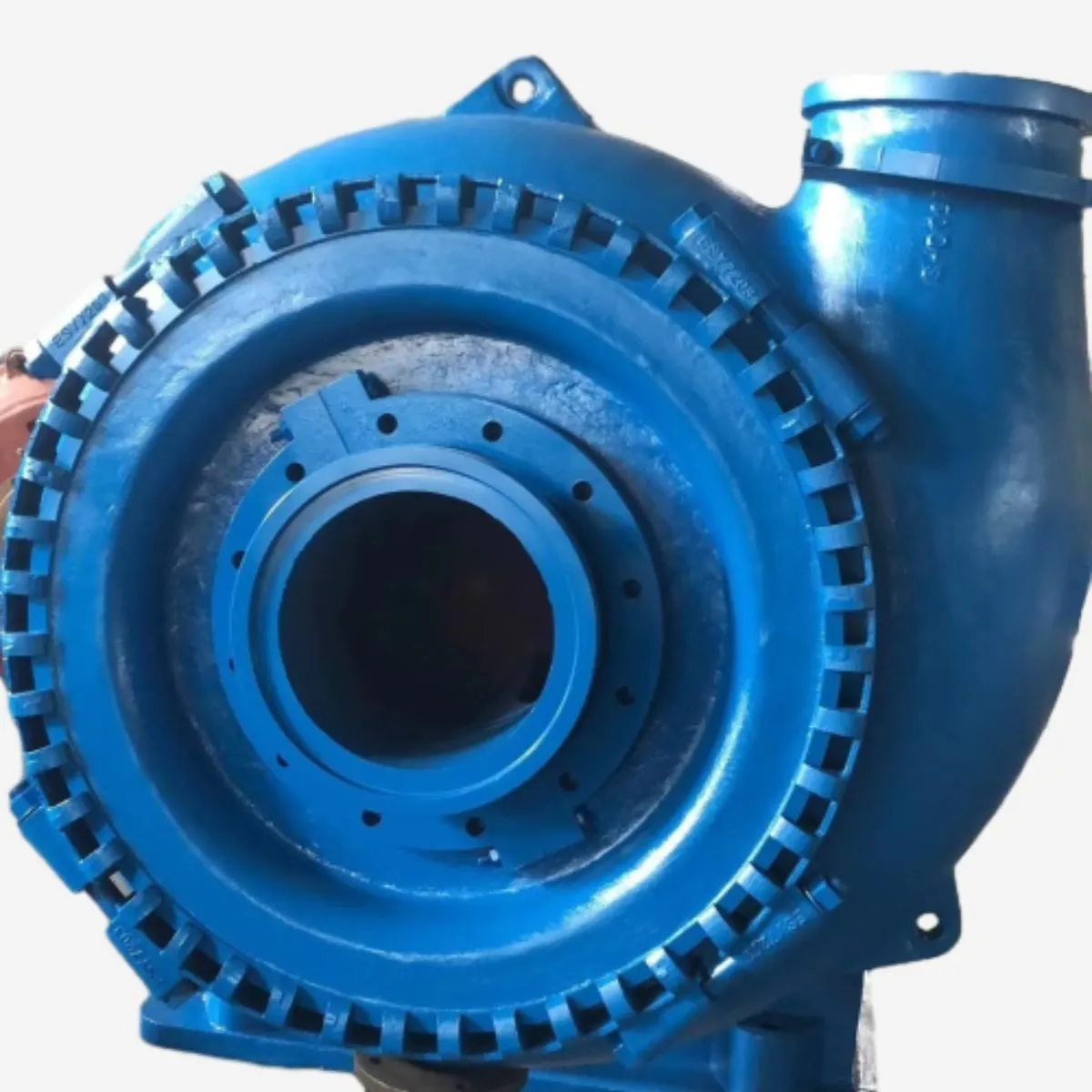English
- Afrikaans
- Albanian
- Amharic
- Arabic
- Armenian
- Azerbaijani
- Basque
- Belarusian
- Bengali
- Bosnian
- Bulgarian
- Catalan
- Cebuano
- Corsican
- Croatian
- Czech
- Danish
- Dutch
- English
- Esperanto
- Estonian
- Finnish
- French
- Frisian
- Galician
- Georgian
- German
- Greek
- Gujarati
- Haitian Creole
- hausa
- hawaiian
- Hebrew
- Hindi
- Miao
- Hungarian
- Icelandic
- igbo
- Indonesian
- irish
- Italian
- Japanese
- Javanese
- Kannada
- kazakh
- Khmer
- Rwandese
- Korean
- Kurdish
- Kyrgyz
- Lao
- Latin
- Latvian
- Lithuanian
- Luxembourgish
- Macedonian
- Malgashi
- Malay
- Malayalam
- Maltese
- Maori
- Marathi
- Mongolian
- Myanmar
- Nepali
- Norwegian
- Norwegian
- Occitan
- Pashto
- Persian
- Polish
- Portuguese
- Punjabi
- Romanian
- Russian
- Samoan
- Scottish Gaelic
- Serbian
- Sesotho
- Shona
- Sindhi
- Sinhala
- Slovak
- Slovenian
- Somali
- Spanish
- Sundanese
- Swahili
- Swedish
- Tagalog
- Tajik
- Tamil
- Tatar
- Telugu
- Thai
- Turkish
- Turkmen
- Ukrainian
- Urdu
- Uighur
- Uzbek
- Vietnamese
- Welsh
- Bantu
- Yiddish
- Yoruba
- Zulu
Telephone: +86 13120555503
Email: frank@cypump.com
Jul . 29, 2024 05:20 Back to list
Versatile Chemical Transfer Solutions Using High-Performance Drum Pumps for Safe and Efficient Fluid Handling
Understanding Chemical Drum Pumps A Comprehensive Overview
In various industries, the handling and transfer of liquids are crucial operations that require the right equipment to ensure efficiency, safety, and effectiveness. One of the most vital tools for transferring chemicals from drums or tanks is the chemical drum pump. These pumps are designed specifically to move corrosive, viscous, or hazardous materials with ease and precision.
What is a Chemical Drum Pump?
A chemical drum pump is a specially designed device used to transfer liquids from storage containers such as drums, barrels, or tanks. Unlike standard pumps, chemical drum pumps are tailored to handle various types of chemicals, including acidic, alkaline, or otherwise reactive substances. Their construction typically involves materials that resist corrosion, such as polypropylene, PVC, or stainless steel, ensuring that the pump remains durable even when in contact with aggressive liquids.
Types of Chemical Drum Pumps
Chemical drum pumps come in various designs to cater to different application needs. Some of the most common types include
1. Manual Drum Pumps These pumps are operated by hand and are suitable for low-volume applications. They are easy to use and often lightweight, making them ideal for smaller operations or those with intermittent needs.
2. Electric Drum Pumps These pumps are powered by electricity, enabling them to transfer larger volumes of liquid quickly and efficiently. They are commonly used in industrial settings where continuous operation is necessary.
3. Pneumatic Drum Pumps Utilizing compressed air, these pumps offer portability and are ideal for environments where electrical spark hazards are a concern. They are particularly useful in explosion-prone areas.
4. Battery-Operated Drum Pumps These are designed for situational mobility and convenience, running on batteries for easy transfer of chemicals in places without access to electrical outlets.
Benefits of Using Chemical Drum Pumps
The use of chemical drum pumps presents numerous advantages
chemical drum pump

- Safety One of the primary benefits of chemical drum pumps is enhanced safety
. They minimize the risk of spills and leaks that could arise from manual pouring or transferring methods. This feature is essential when dealing with hazardous materials.- Efficiency Drum pumps significantly reduce the time required to transfer liquids, improving operational efficiency in both small and large-scale applications.
- Versatility These pumps can handle a variety of liquid types, including harsh chemicals, making them incredibly versatile in different industrial settings.
- Cost-Effectiveness While initial investments may vary, using a chemical drum pump can ultimately save costs by reducing the risk of chemical spills, minimizing waste, and improving productivity.
Selecting the Right Chemical Drum Pump
When choosing a chemical drum pump, several factors should be considered
- Compatibility Ensure the materials of the pump are compatible with the chemicals being transferred. This prevents corrosion and extends the lifespan of the pump.
- Flow Rate Depending on the volume of liquid being handled, select a pump that offers an adequate flow rate for efficiency.
- Power Source Consider the operational environment to select a pump with the appropriate power source—manual, electric, pneumatic, or battery-operated.
- Capacity The size of the storage container and the pump's capacity should match to avoid overflow or under-utilization.
In conclusion, chemical drum pumps are an essential component in the massive landscape of fluid handling within various industries. They offer safety, efficiency, and adaptability, making them invaluable for the transfer of chemicals. By selecting the correct type of pump suited to specific needs, organizations can enhance their operational efficiencies while ensuring safety in handling hazardous materials.
-
ISG Series Vertical Pipeline Pump - Chi Yuan Pumps Co., LTD.|High Efficiency, Energy Conservation, Low Noise
NewsJul.29,2025
-
ISG Series Vertical Pipeline Pump-Chi Yuan Pumps Co., LTD.|High Efficiency&Energy-Saving
NewsJul.29,2025
-
ISG Series Vertical Pipeline Pump - Chi Yuan Pumps Co., LTD. | High Efficiency, Energy-Saving
NewsJul.29,2025
-
ISG Series Pipeline Pump - Chi Yuan Pumps | High Efficiency, Low Noise
NewsJul.29,2025
-
High-Efficiency Vertical Slurry Pumps for Mining & Industry Solutions
NewsJul.29,2025
-
High-Efficiency Pipeline Pump Solutions for Every Pipeline Pump Station
NewsJul.29,2025










